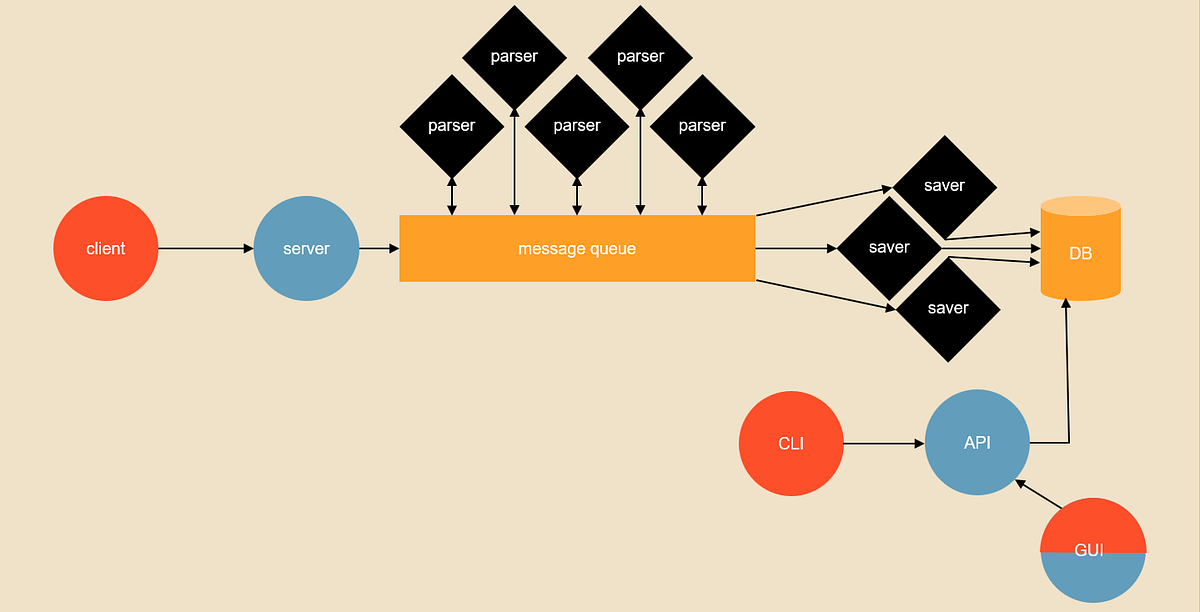Message Queues play an important role in large-scale solutions, as the project becomes more and more sophisticated — micro-services are added and we become dependant of the message-queue functionality.
One day we wake up and discover that current message-queue implementation doesn’t meet our changing needs, we change it — and we fall into the endless refactor and regression tests loop.
So can we devise a framework that allows us to change the implementation without affecting the whole project?
In this post, I would share with you a framework design that enables just that, as I’ve developed in the final project of Dan Gittik’s great course “Advanced System Design” at Tel-Aviv University.
This post would be the first in a series in which I share with you some flexible yet SOLID and durable solutions to design challenges.
Detaching Message-Queue from its Implementation
The most important goal of the framework, is to enable us to change message-queue implementation (i.e. RabbitMQ to Kafka), with ease.
We want that such change would be friendly and require a minimal code change and that validating the architectural specifications would be understandable for non-coders too.
So, we end up creating a configuration file — just plug & play!
Such a configuration file would describe how to create for each micro-service it’s implementation message-queue:
- Publishers (which enable us to send messages to the message-queue)
- Consumers (which enable us to receive messages from the message queue)
The configuration file structure would be as the following:
## Message Queue configuration version tag.
version: "1"
## Default Header
message_queue:
## Type of micro-service (server, parser, saver, etc...)
micro_service_type:
## Category : Publishers
publishers:
## Item
- publisher_1:
## Fields required to initialize implementation (Context fields values)
[field_1] : [value_1]
[field_2] : [value_2]
[field_3] : [value_3]
## Category : Consumers
consumers:
## Item
- consumer_1:
## Fields required to initialize implementation (Context fields values)
[field_1] : [value_1]
[field_2] : [value_2]
[field_3] : [value_3]
Publishers and Consumers describe the fields required to create their specific implementation (i.e. Specific RabbitMQ publisher/consumer exchange), those fields recipes are called “Context”.
NOTE: This is an example of a YAML configuration file, yet it could be any dictionary-structured file — as I’ve implemented in the project.
NOTE: An example of a RabbitMQ MessageQueue configuration file available here.
#software-design #microservices #programming #scale #software-development
